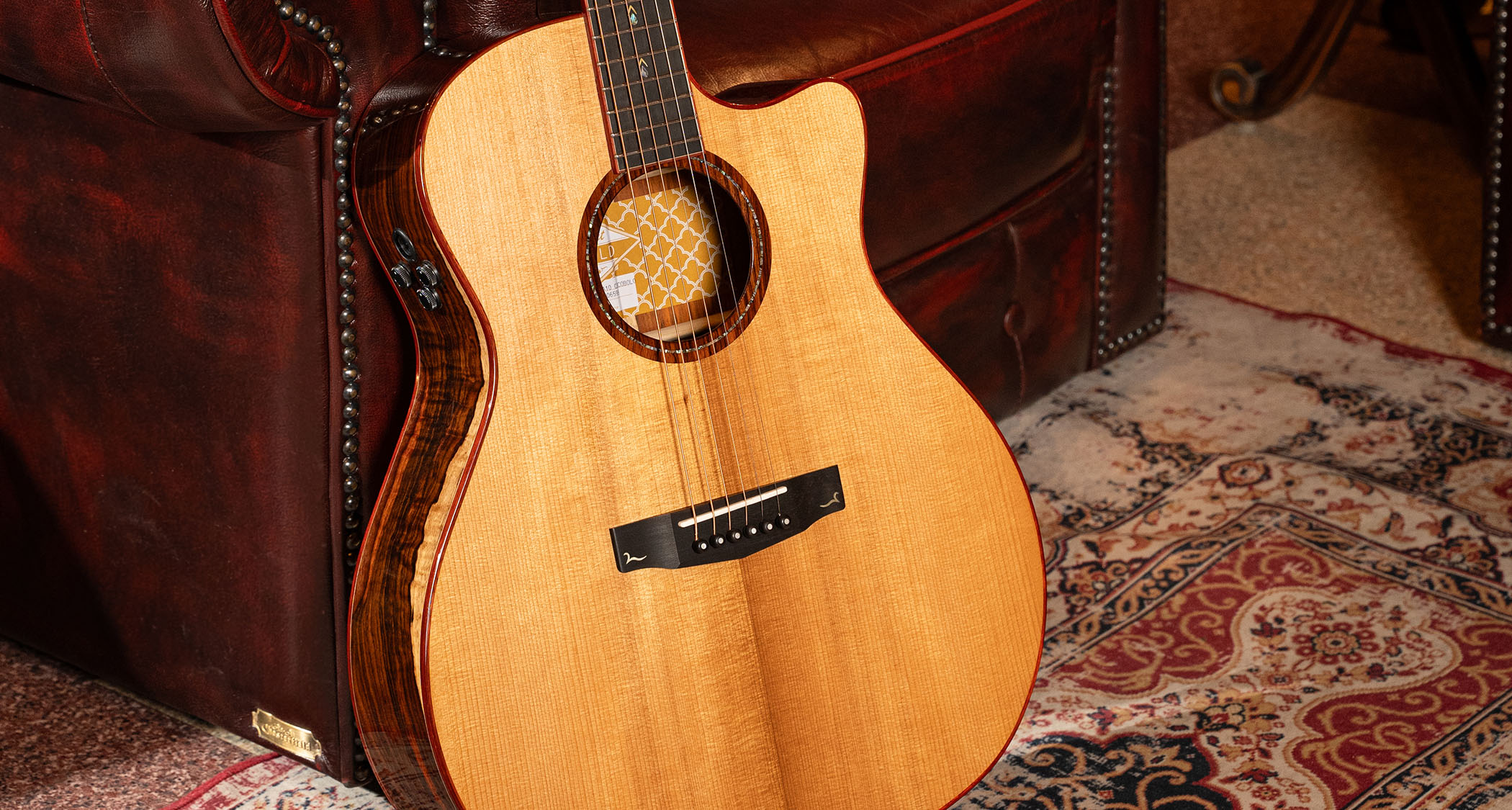5 reasons Joey Jordison was one of the most influential metal drummers of all time
A year on from his death, we take a look at the Slipknot founder's drumming and musical legacy
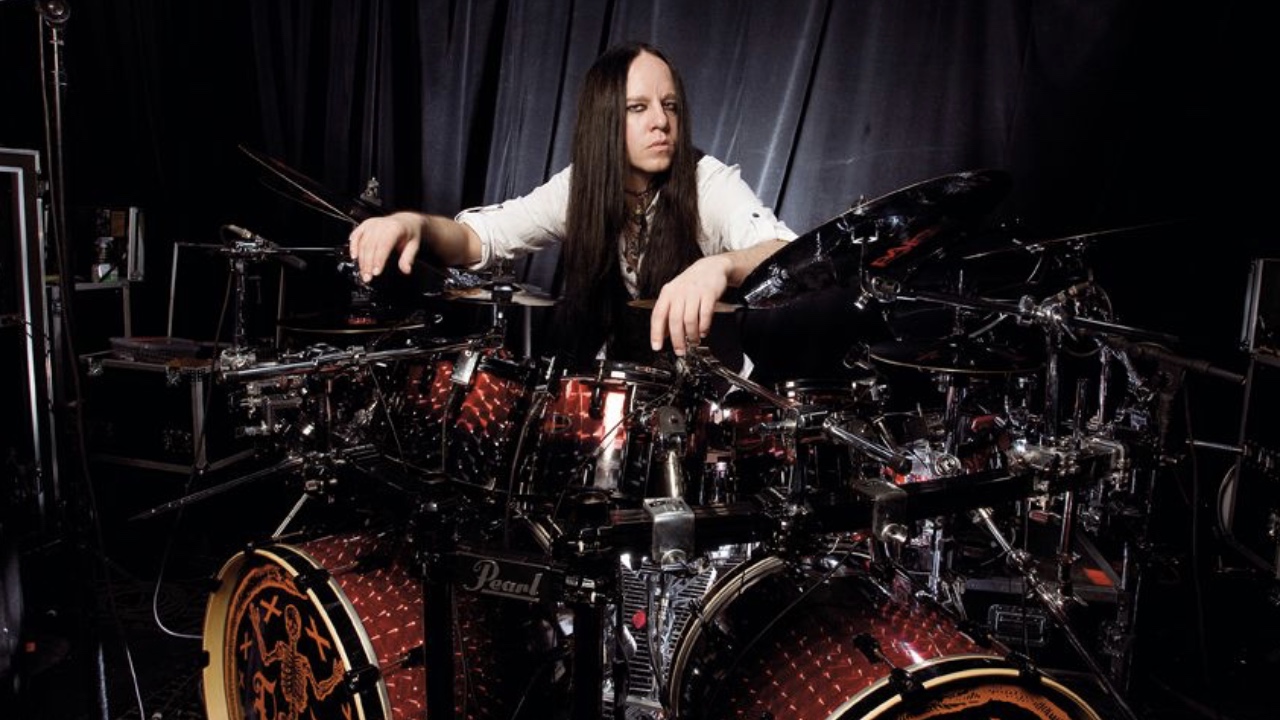
Today, 26 July, marks the sad anniversary of Joey Jordison's death. Here we pay tribute to one of the most influential metal drummers of all time.
When you’re sat rooted to a kit behind eight lunatics dressed in boiler suits and masks (some armed with baseball bats), it’s safe to say that you’re going to have to bring something special to the table if there’s any chance of being noticed. Joey Jordison did exactly that and more.
Not only did his drumming form the centrepiece of Slipknot, but it presented the entire gamut of metal drumming techniques to the masses.

Emerging in the throng of Nu-Metal, where the ‘metal’ part of the drummer’s role was largely replaced by hip-hop and rock-inspired beats, and you couldn’t drop a stick without hitting a DJ syncing-up a sampled beat, Joey’s drumming displayed him as a true student of the genre and its offshoots.
Mixing up the speed of thrash and punk, the blast beats of death metal, the breakdowns of hardcore, all while leaving room for a DJ (Sid Wilson), samples and keys (Craig Wilson) and percussionists Shawn Crahan and (former Slipknot member) Chris Fehn. That’s before we talk about the other four members he had to cut through…
It was this combination of a purist technical foundation and the flexibility to bringing something new to heavy drumming that made Joey so special. Not convinced?
There’s every chance that your favourite pre-Slipknot drummer respected him, and your favourite post-Slipknot drummer was influenced heavily by him. He may have left us far too soon, but we still have the gift of his music to digest. Let’s take a closer look at the man who inspired millions to push metal forward.
Get the MusicRadar Newsletter
Want all the hottest music and gear news, reviews, deals, features and more, direct to your inbox? Sign up here.
1. The double kick drums
Pick a Slipknot song at random and you won’t have to wait long to hear Joey using both feet. Sometimes in a contemporary burst, sometimes as short phrases, or sometimes as an all-out 32nd-note assault under his hands.
Not since Dave Lombardo had we seen this kind of technical ability, and in the pre-streaming age, it was all there to marvel in at 15:00 in the afternoon on MTV. While his Nu-Metal peers were pumping out sluggish bass drum phrases, Joey was running a marathon at record speed, leading to an explosion in double pedal sales almost overnight.
Without his influence, we don’t believe we’d be seeing the double kick prowess displayed by the new breed of metal technicians we’re witnessing today.
2. The sound
Ross Robinson’s production style divided metal. While the dry, cutting, raw sounds that were often far from polished did receive more sheen over time, in 1998 it was still abrasive. Slipknot’s self-titled album is the proof, but it's Joey's gear and tuning choices that make the pudding. With a snare cranked down to an ear-slicing pop and toms that die almost as quickly as they arrive.
It’s a raw sound that achieves a few things - the tuning allows Joey’s notes to burst through the rest of the instrumentation. But more importantly, it sounds less like a big-budget album recorded in a glass and stainless steel-clad million dollar recording facility, and more like a record made in the corner of a puke-sodden rehearsal room. This only serves to add to the inspirational quality that ‘Maybe I could do this!’ (even if the chops weren't quite so simple).
Indeed, Joey’s base sound remained largely the same for the first three albums - despite a change in producer to Rick Rubin for Vol. 3: The Subliminal Verses. If modern metal’s homogenised triggered sounds have made the genre stale to your ears, delve back for a slice of organic, natural-sounding drums.
3. The fills
As well as the foot speed, Joey had incredible speed and stamina from his hands too. While you might think that sharing the stage with eight other musicians could somewhat limit the potential for moving out of your lane, Joey’s drumming is proof that if there’s a will, there’s a fill!
That’s not to say he was unnecessarily note-happy - there are plenty of moments where he sits back and plays a less technical fill than would have fit - but when it was time to let loose around the kit, Joey Jordison knew exactly what to do. One of his most-used techniques was to split 16th and 32nd notes into combinations between his hands and feet.
It’s not easy, and requires precise placement and dynamics to sound powerful, but it can produce impressive results beyond its difficulty level when applied across multiple drums. Try playing groups of four (R-L-F-F) and six notes (R-L-R-L-F-F) between your hands and feet as 16ths, 16th-note triplets and 32nds to get a basic idea.
4. The kit
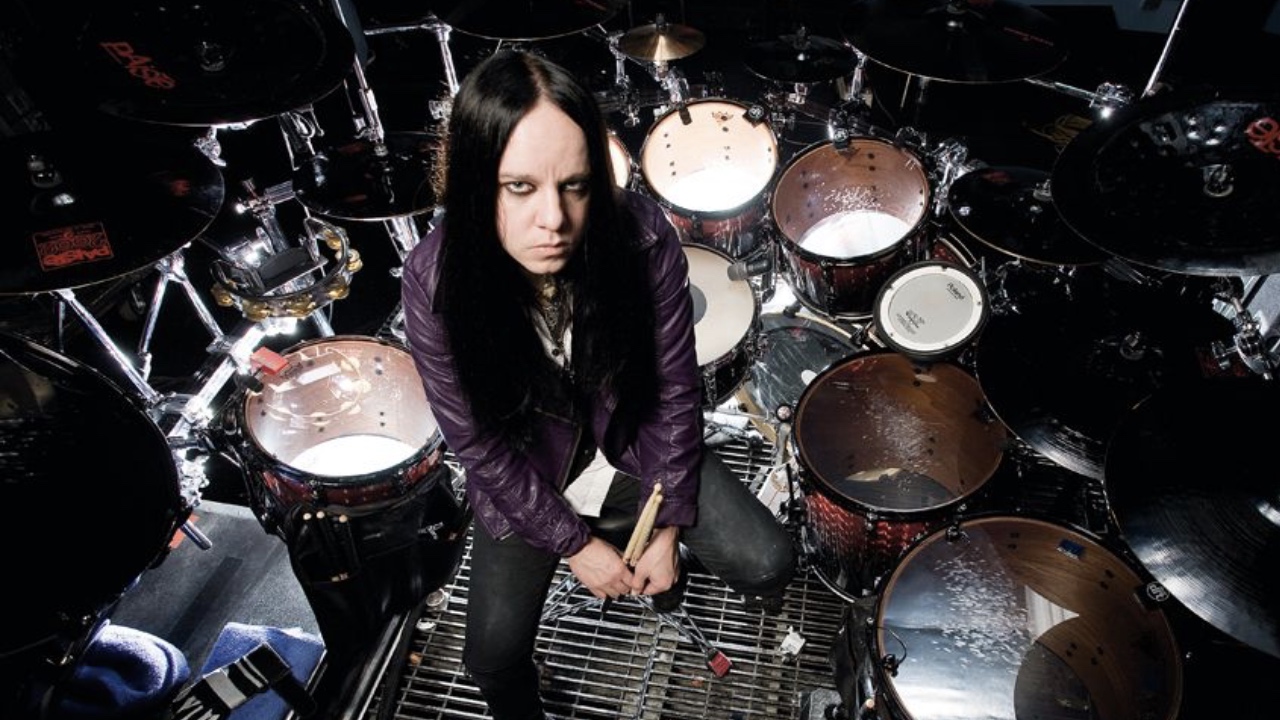
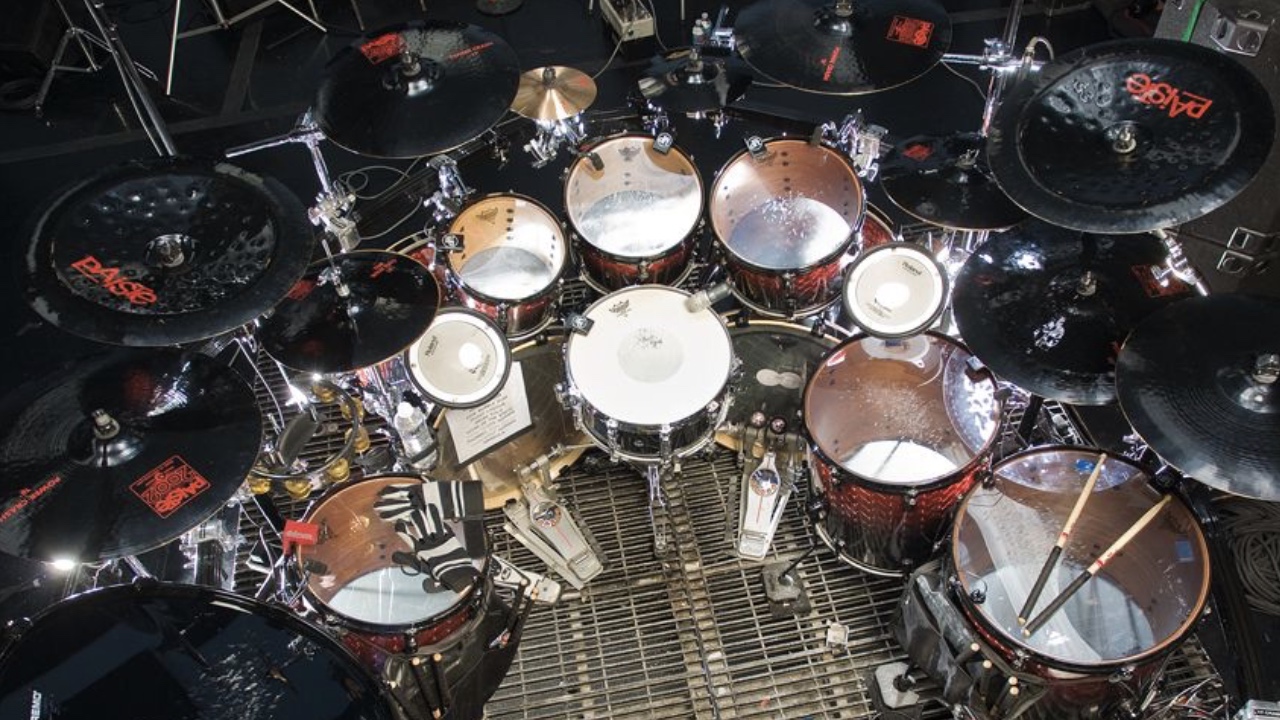
Pearl Reference Series: 8"x7", 10"x8", 12"x9" and 14"x10" toms; 16"x16" and 18"x16" floor toms
22"x18" bass drum (x2);
20"x14" gong drum
6"x12", 6"x15", 6"x18" and 6"x21" quarter toms (not pictured).
Pearl Reference Series 14"x6.5" snare drum
Paiste 2002 cymbals
14" Wild hats
6", 8", 10" splashes
16" (x2), 17", 18", 19" (x2) Power crashes
20" & 22" Wild Chinas
22" Power ride
Pearl Demon Drive double pedal
Pro-Mark Joey Jordison signature sticks
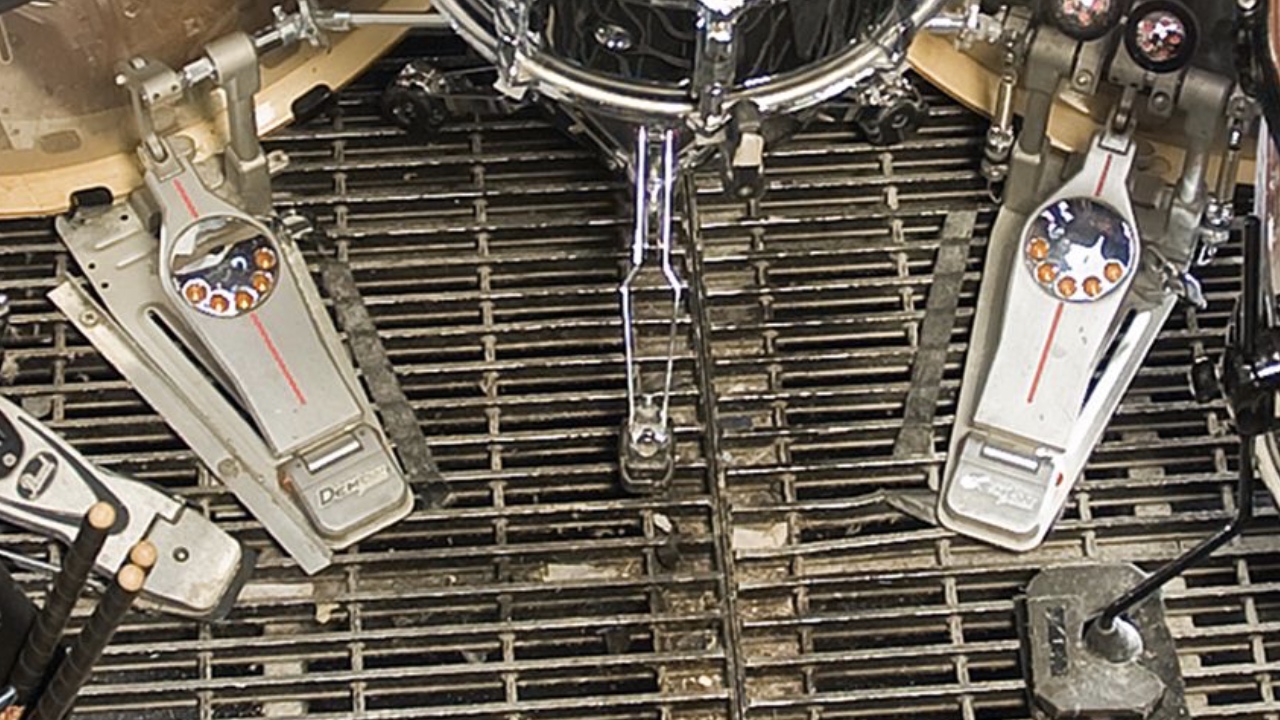
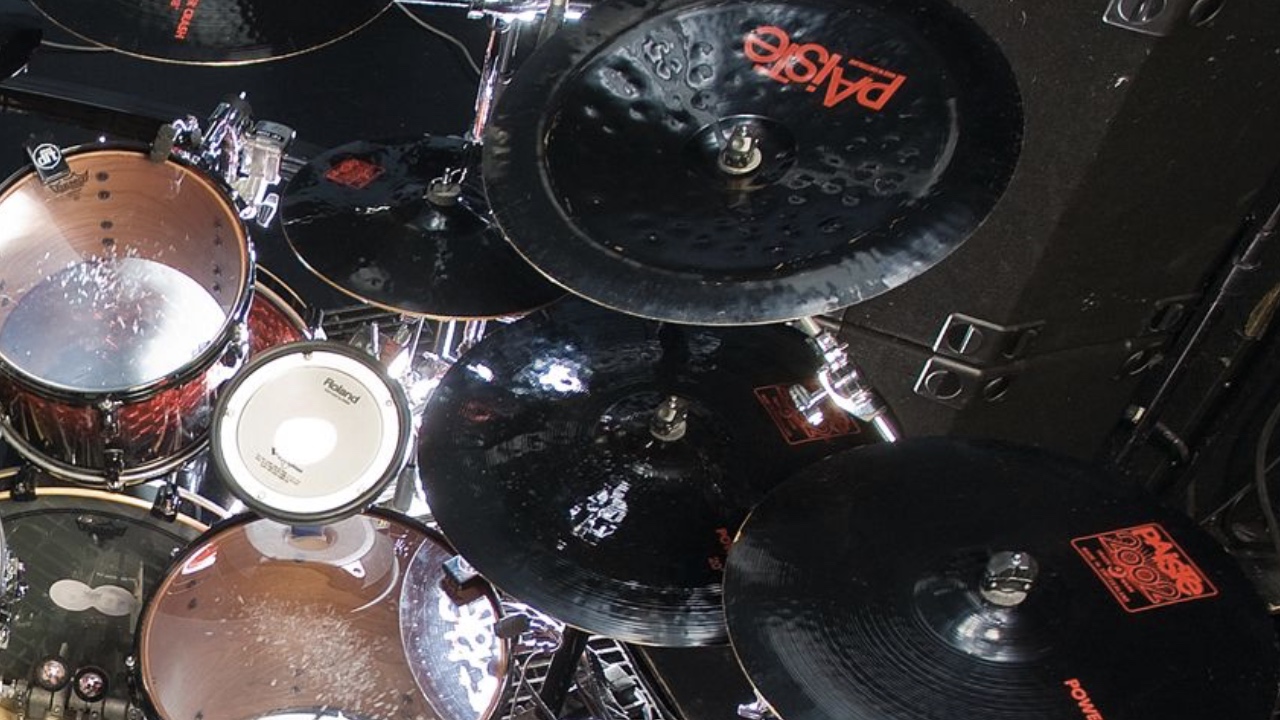
When you’re the drummer in the biggest metal band in the world, you can have a kit to match. Joey’s setup evolved - and continued to do so over the years with electronics, octobans and more - but he remained consistent with a dual-bass drum setup (although he often used a double pedal), three or four rack toms across the top, two floor toms and a pair of snares.
Joey also stayed loyal to the brands he played, producing signature kits and snares with Pearl and cymbals (Paiste Black Alpha 'Hyper'). He can be spotted earlier in his career using OCPD drums, before he settled with Pearl (usually Reference series) drums and hardware for good alongside his Paiste cymbals (RUDE or 2002s) in his unmistakeable black finish. Joey favoured clear Remo Emperor heads across all of his toms, and used his signature Pro Mark sticks.
Check out his post-Slipknot kit with Vimic below.
5. The musicianship
In 2004, Joey took the role as one of four Team Captains for Roadrunner Record’s Roadrunner United - celebrating 25 years of the revered metal label. The four ‘teams’ saw Jordison writing, producing and performing on five tracks alongside members of Deicide, Cannibal Corpse, Glassjaw, Vision of Disorder, Type O Negative, Chimaira, Death and more.
Roadrunner United gave a more detailed glimpse of the man behind the mask as he performed and ran sessions that would have destroyed lesser players alongside some of his heroes and contemporaries with assertive confidence.
Of course, it’s widely documented that Joey wrote and contributed to many of Slipknot’s guitar parts - particularly in the earlier days - and he went on to play guitar in Murderdolls - all of which adds-up to him being more than just a drummer (albeit one of the best to ever do it). Joey Jordison was a true musician. Like many of the greats, he was humble about his abilities and constantly striving for improvement.
Responding to us asking why he didn’t consider himself a ‘killer drummer’ in 2011, saying,
"Yeah, that’s just because I’m always my worst critic. I’m never completely happy with what I do, but then the best musicians are always like that. There’s always someone else to inspire you, someone who’s better at certain things than you are. And it’s important to seek that out, to constantly strive to get better."
“I listen to everything. Even with music that I don’t like I’ll sit there and try and work out where the band’s heads are at. It’s a vital part of being a musician as far as I’m concerned, understanding where different things come from and how they work.
"You have to listen to lots of different music to be a rounded player and if you’re dedicated to it, you’ll take something away from everything, whether it’s your particular genre or not.
"It’s important for young players to realise that. It’s too easy to just listen to what you think is cool, whether that’s metal or whatever. But the best players in my experience always have an appreciation that’s much wider than the music they might be known for."
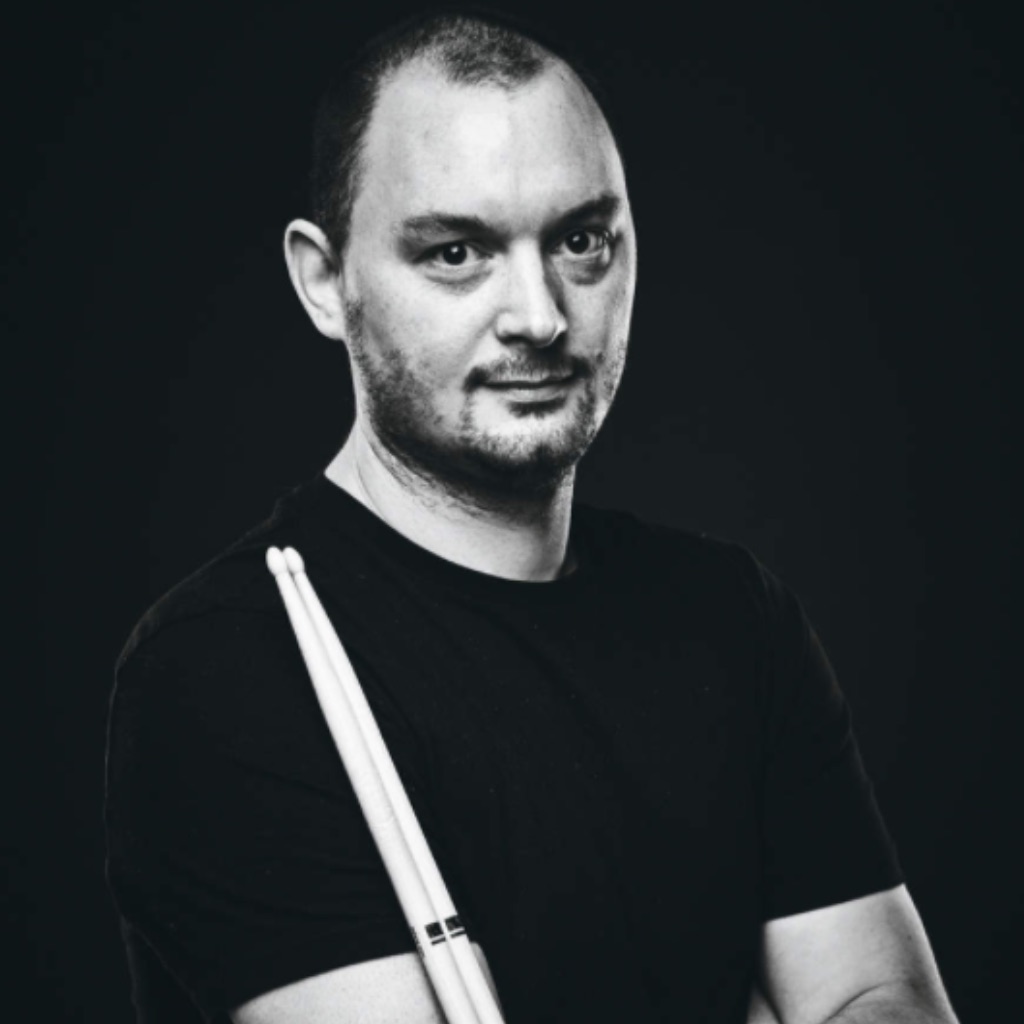
I'm a freelance member of the MusicRadar team, specialising in drum news, interviews and reviews. I formerly edited Rhythm and Total Guitar here in the UK and have been playing drums for more than 25 years (my arms are very tired). When I'm not working on the site, I can be found on my electronic kit at home, or gigging and depping in function bands and the odd original project.
“Tonight is for Clem and it’s for friendship. An amazing man and a friend of the lads”: Sex Pistols dedicate Sydney show to Clem Burke
“Almost a lifetime ago, a few Burnage lads got together and created something special. Something that time can’t out date”: Original Oasis drummer Tony McCarroll pens a wistful message out to his old bandmates









